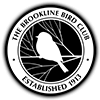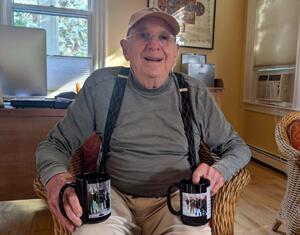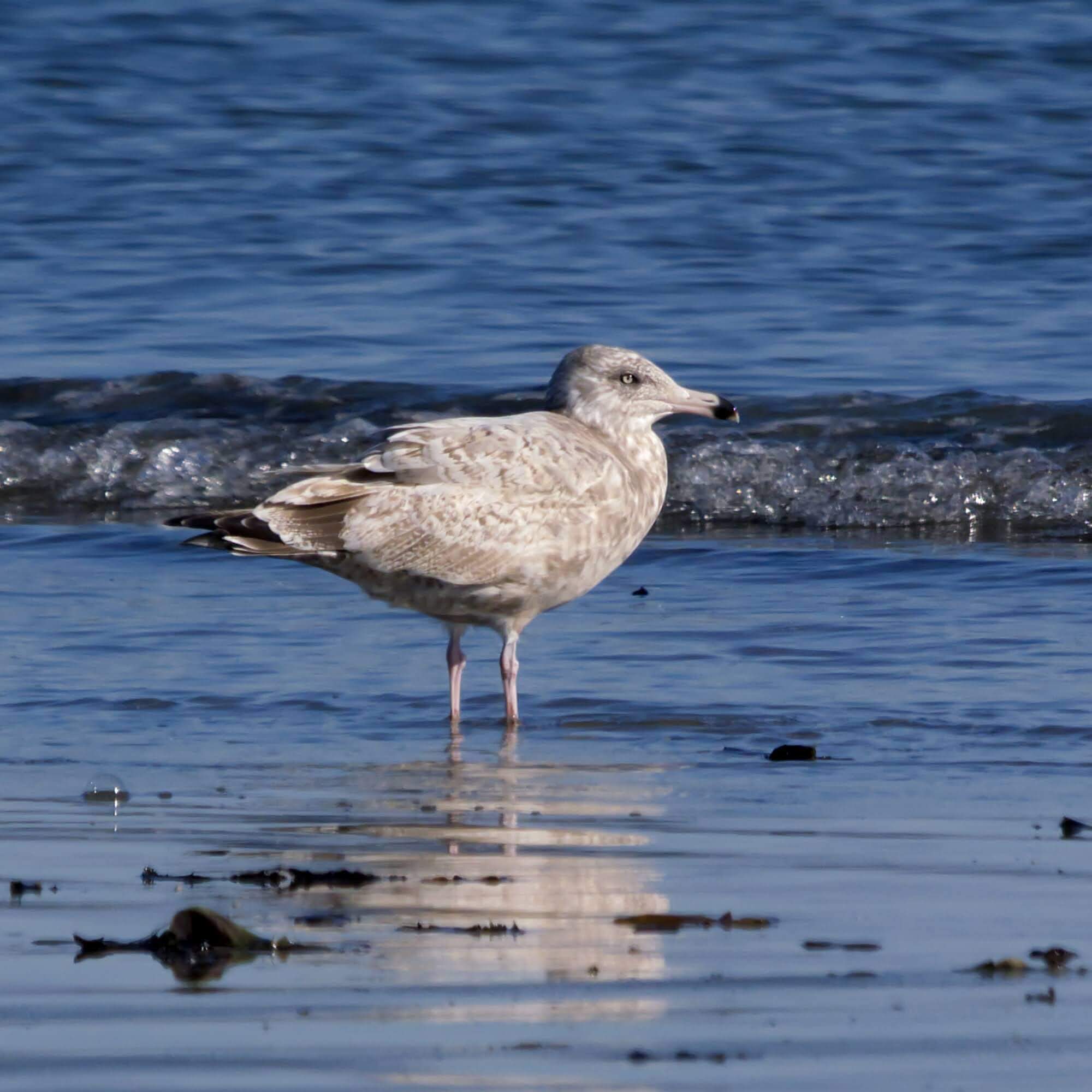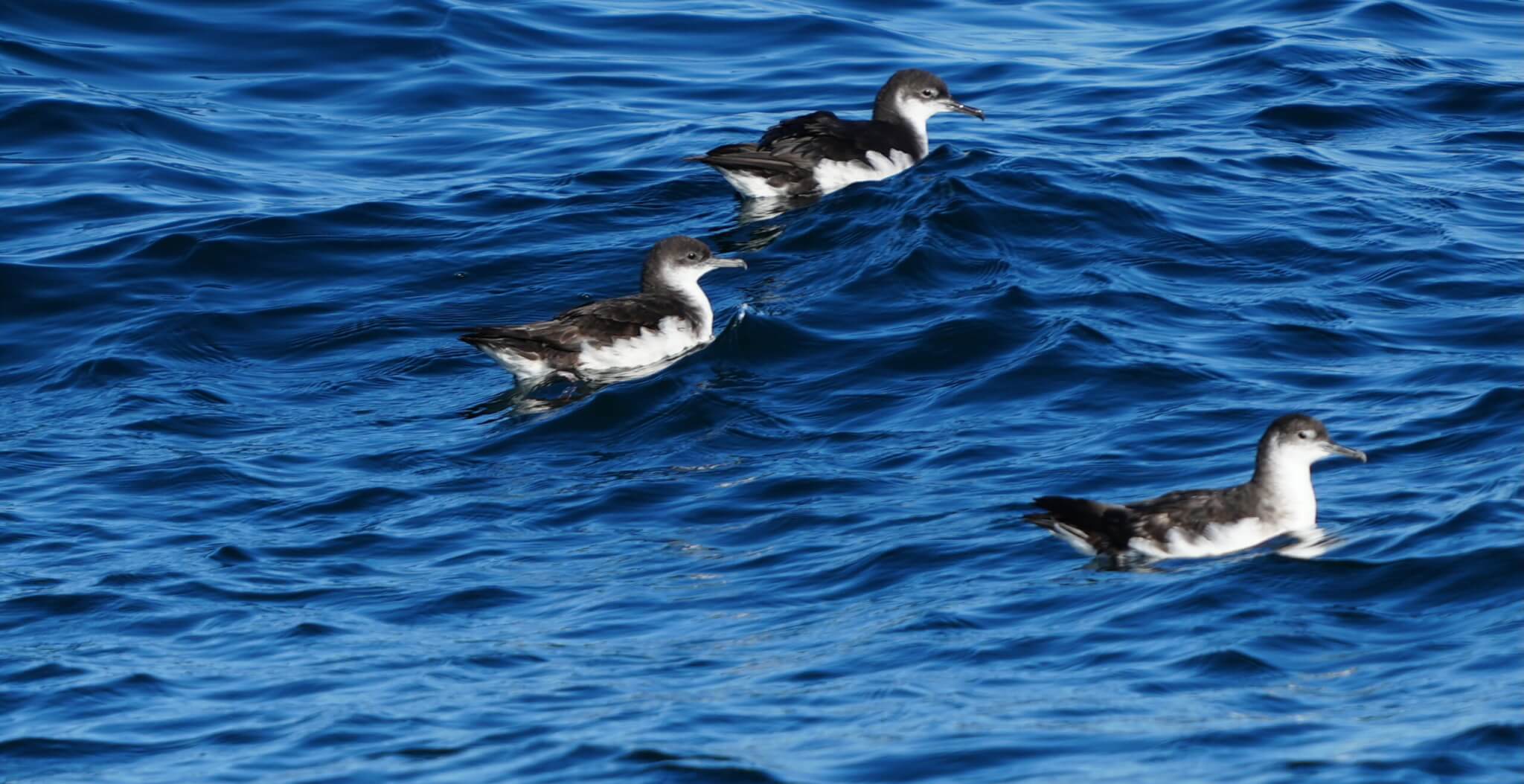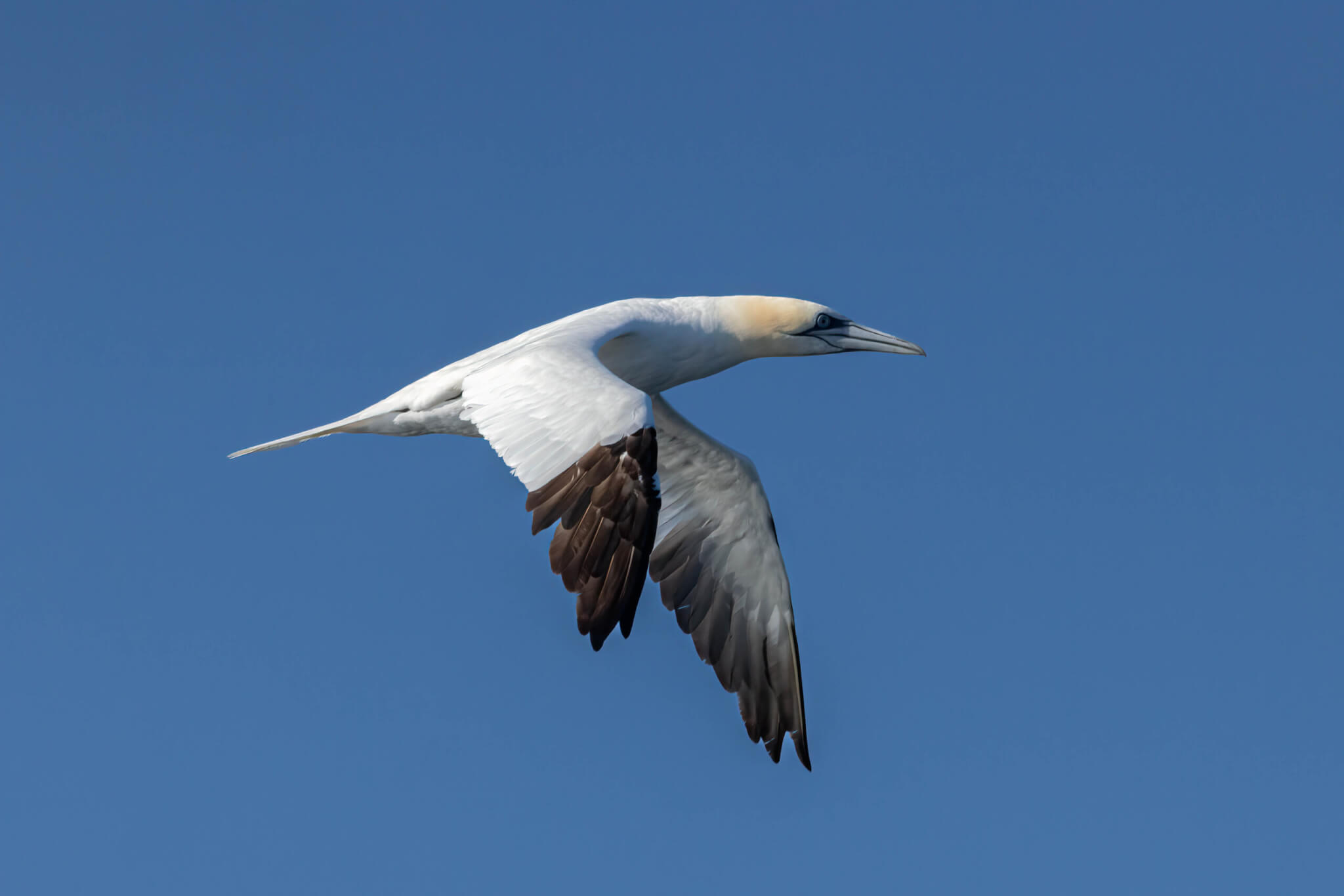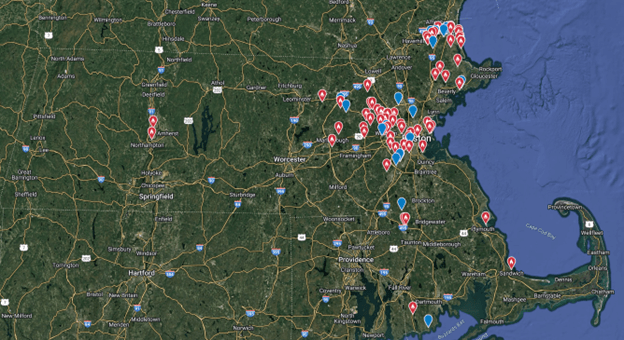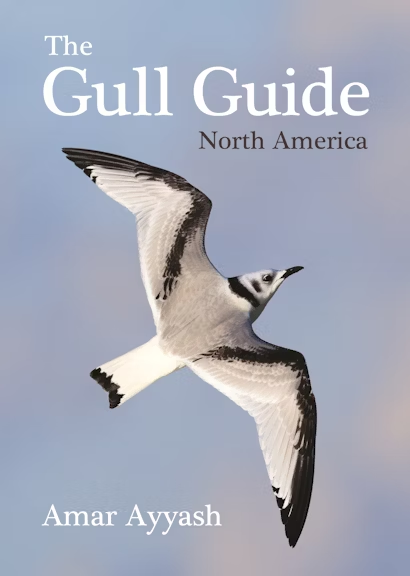With reports of too close encounters with owls, it’s time to check in and think about birding ethics.
It is NEVER okay to approach roosting owls closely.
The Brookline Bird Club’s code of Ethics says this – “Today’s birdwatchers are a powerful force for nature conservation. The number of humans interested in birds rises continually, and it is vital that we take seriously our responsibility to avoid any harm to birds or the environment on which they depend.”
Birds lead stressful lives. It’s wise for us to strive to minimize disturbance as we go out in the field regardless of season, whether or not the birds we seek to see are rare or not. From making noise to creating a visual disturbance to flushing birds or to harming habitat, our birding has impacts. We need to hold ourselves to high standards.
Winter is a time of often treacherous weather and limited food resources. So, keep your distance. Keep the visual disturbance down. Keep the conversation down. Photograph without disturbance. Give our birds a wide berth!
Roosting birds in particular, like Long-eared Owls, need to preserve their energy for when it is needed. Give them some extra space and respect their sensitivity to disturbance. This issue became clear several years ago when a roost site in Eastern Massachusetts was heavily visited.
The American Birding Association has a code of ethics you can view – ABA Code of Birding Ethics – American Birding Association.
Likewise, many local birding clubs and organizations have codes of ethics as well. The Brookline Bird Club code, for example, is here.
eBird has guidance for viewing and reporting Sensitive Species here.
A resource for photographers is Audubon’s Guide to Ethical Photography.
The North American Nature Photography Association provides this.
As a community, we want others to share our passion for birds. It’s also a good idea to remain on good terms with landowners and homeowners near birding locations. At the very least, in our own self-interest, we also do not want our opportunities to go out birding to be negatively impacted.
The BBC is urging each birding organization in the area to discuss birding ethics at your next gathering and to highlight this issue in your newsletters, websites and other outreach. With new folks joining the ranks of the birding community, it’s especially vital to introduce and discuss the topic.
So, please read these materials now, and pledge to act ethically, as well as model ethical behavior, in the course of your birding adventures this year!
Finally, please SHARE this post!
News Categories
Upcoming Field Trips
Field Trips / Events
-
-
CANCELED Midweek Hunt for Alcids and Seabirds CANCELED
Rockport - Halibut Point State Park Halibut Point State Park, Rockport, MA, United StatesCanceling due to the difficulties presented by the snow everywhere.
-
The Quiet Beauty of birding – Winthrop Shore Reservation
Winthrop - DCR Winthrop Beach Reservation - Sturgis St 59 Winthrop Shore Drive, Winthrop, MA, United StatesOffered by DCR. Come join us for an up-close look at sea ducks and gulls in action! Observe, share your insights, ask questions, and connect with fellow bird enthusiasts. For adults & children 8+. Children must be with an adult. ADA/Reasonable Accommodation 617-645-0358 | Moneesha.dasgupta2@mass.gov
-
The Quiet Beauty of birding – Lynn Shore & Nahant Beach Reservation
Lynn - Red Rock Park 188 Lynn Shore Drive, Lynn, MA, United StatesOffered by DCR. Come join us for an up-close look at sea ducks and gulls in action! Observe, share your insights, ask questions, and connect with fellow bird enthusiasts. For adults & children 8+. Children must be with an adult. ADA/Reasonable Accommodation 617-645-0358 | Moneesha.dasgupta2@mass.gov
-
Belle Isle Marsh and Vicinity
East Boston - Belle Isle Parking Lot 1399 Bennington Street, Boston, MA, United StatesLed by DCR staff. We will search on foot up to one mile, on flat, easy terrain for snowy owls and other raptors, native sparrows, finches, waterfowl, and other birds. This is a traveling program by car or bike. Prepare for ticks. Ages: Adults and kids 8 years+ with adult chaperone. Binoculars recommended. ADA/Reasonable Accommodations
-
Deer Island & Boston Harbor, Winthrop
Winthrop - Deer Island Parking Lot 180 Tafts Ave., Winthrop, MA, United StatesWe will search for wintering seabirds, alcids, and Iceland Gulls. Be prepared for cold and wind and dress very warmly. Depending on conditions, we will walk up to 2.6 miles on paved paths. Port-a-potties available midway. Beginners welcome and encouraged. Bad weather or poor walking conditions may cancel - email trip leaders if you are
